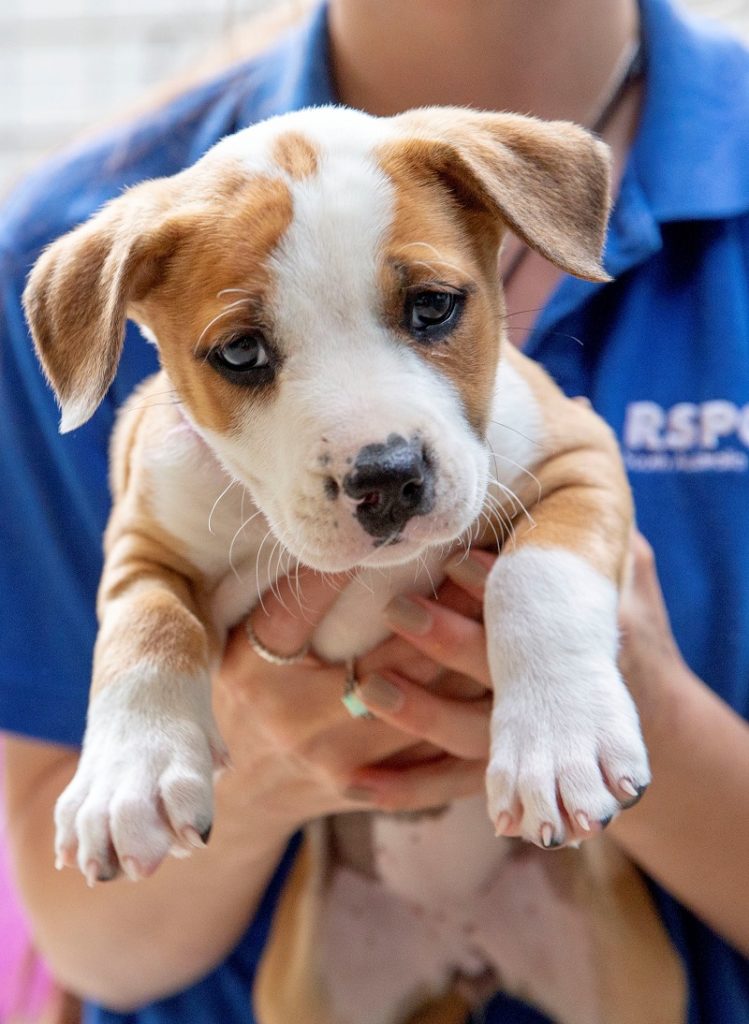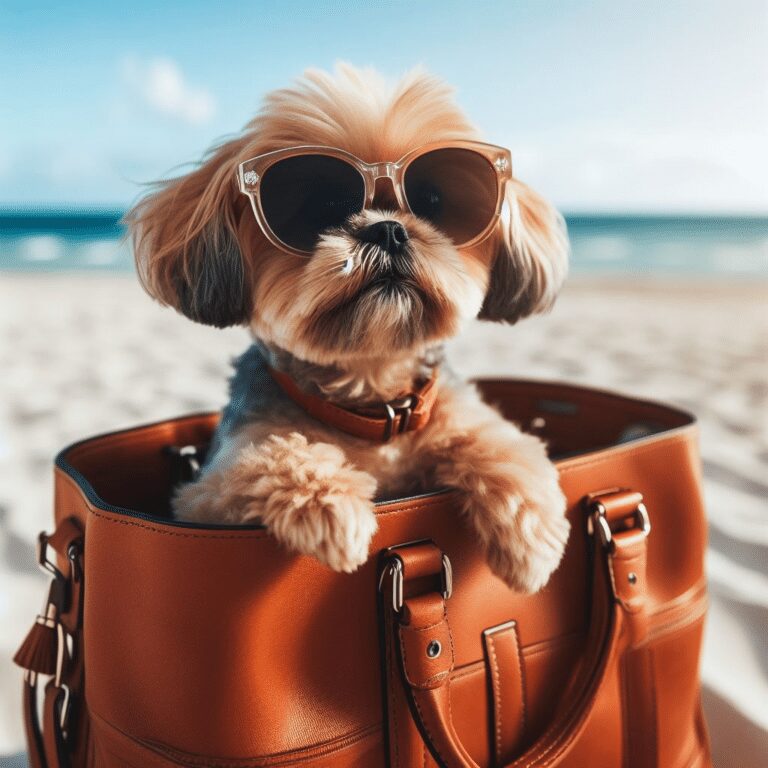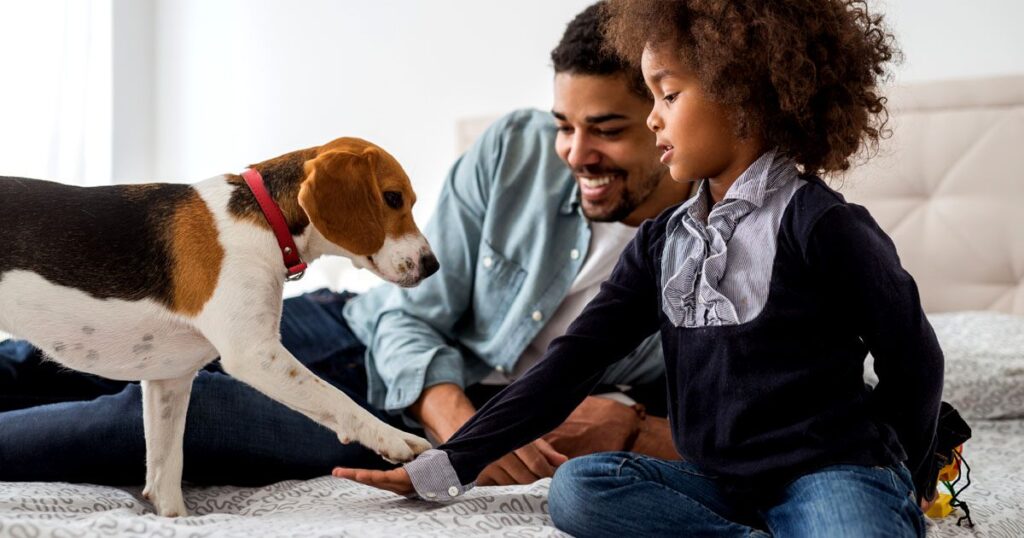Adopting a small dog is a significant decision that can bring immense joy and companionship to your life. Small dogs, with their adorable looks and manageable size, are a popular choice for many families and individuals. However, there are several factors to consider to ensure that you and your new furry friend have a happy and healthy relationship.
Understanding Small Dog Breeds
Small dog breeds come in various shapes, sizes, and temperaments. It’s essential to understand the characteristics and needs of different breeds to choose the right one for your lifestyle.
Popular Small Dog Breeds
Small dog breeds include a wide range of options, from the lively Chihuahua to the gentle Shih Tzu. Each breed has unique traits that may align with your preferences and living situation. For instance, the Dachshund is known for its playful nature, while the Pomeranian is admired for its fluffy coat and spirited personality.

Traits of Small Dog Breeds
Small dogs often exhibit traits such as high energy, loyalty, and affection. However, they can also be prone to certain health issues and may require specific care. Understanding these traits will help you prepare for the responsibilities of dog ownership.
Preparing for Adoption
Before bringing a small dog into your home, it’s crucial to make necessary preparations to ensure a smooth transition for both you and the dog.
Home Preparation for a Small Dog
Your home should be a safe and welcoming environment for your new pet. This includes setting up a designated area with a bed, toys, and food bowls. Ensure that hazardous items are out of reach and that the space is conducive to the dog’s comfort and safety.
Financial Considerations
Owning a dog involves various expenses, including food, veterinary care, grooming, and supplies. It’s important to budget for these costs to provide the best care for your pet without financial strain.

Time Commitment
Dogs, regardless of size, require time and attention. From daily walks to playtime and training, make sure you have the time to dedicate to your new companion.
Finding the Right Dog
Choosing the right small dog involves research and careful consideration. Each dog has its own personality and needs, so it’s important to find a match that suits your lifestyle.
Researching Dog Breeds
Take the time to learn about different small dog breeds. Consider factors such as activity level, grooming needs, and potential health issues. Resources like breed-specific books, online forums, and talking to other dog owners can provide valuable insights.
Visiting Shelters and Rescues
Shelters and rescues are excellent places to find a small dog in need of a home. Visiting these organizations allows you to meet various dogs and assess their personalities. Staff members can also provide information about the dogs’ backgrounds and temperaments.

Questions to Ask Before Adopting
When considering a dog, ask about its history, health, and behavior. Understanding any past traumas or health issues will help you prepare for any special care the dog might need.
The Adoption Process
Adopting a dog involves several steps and requirements to ensure the welfare of the animal and a good match with the adopter.
Steps to Adopt a Small Dog
The process typically includes filling out an application, undergoing an interview, and possibly a home visit. These steps help ensure that the dog is placed in a suitable and loving environment.
Legal Requirements
Adoption often involves legal paperwork, including the transfer of ownership and ensuring the dog is spayed or neutered. Familiarize yourself with these requirements to streamline the process.

Adoption Fees
Most adoptions come with a fee that covers vaccinations, spaying/neutering, and other initial medical costs. This fee varies by organization and helps support the shelter’s operations.
Bringing Your Dog Home
The first days in a new home are critical for your small dog’s adjustment. Proper introduction and routine establishment are key to a smooth transition.
First Day at Home
On the first day, allow your dog to explore its new environment at its own pace. Provide comfort and reassurance, but also give it space to adjust to the new surroundings.
Introducing to Family Members
Introduce your dog to family members slowly and calmly. This helps prevent overwhelming the dog and ensures a positive experience for everyone involved.

Establishing a Routine
Dogs thrive on routine. Establish a consistent schedule for feeding, walking, and bedtime to help your new pet feel secure and settled.
Training and Socialization
Training and socializing your small dog are essential for its well-being and integration into your household.
Basic Training Tips
Start with basic commands like sit, stay, and come. Positive reinforcement, such as treats and praise, is effective for training small dogs.
Socializing Your Small Dog
Expose your dog to different environments, people, and other animals to build confidence and reduce anxiety. Socialization is crucial for a well-adjusted pet.
Health and Nutrition
Proper nutrition and regular health care are vital for your small dog’s long-term health.
Nutritional Needs of Small Dogs
Small dogs have specific dietary needs. Choose high-quality dog food that meets the nutritional requirements of small breeds, and consult your vet for dietary recommendations.
Common Health Issues in Small Dogs
Small dogs can be prone to health issues such as dental problems, patellar luxation, and respiratory conditions. Regular vet check-ups are essential for early detection and treatment.
Regular Veterinary Care
Routine veterinary care, including vaccinations, dental check-ups, and preventive treatments, is crucial for maintaining your dog’s health.
Grooming and Maintenance
Keeping your small dog well-groomed is important for its health and comfort.
Grooming Essentials
Regular grooming, including brushing, bathing, and nail trimming, helps maintain your dog’s coat and overall hygiene. Invest in quality grooming tools suited for your dog’s coat type.
Coat and Skin Care
Small dogs often have delicate skin. Use gentle, dog-specific shampoos and conditioners to avoid skin irritation.
Dental Hygiene
Dental care is vital for preventing oral diseases. Brush your dog’s teeth regularly and provide dental chews to maintain oral health.
Building a Bond
Building a strong bond with your small dog enhances your relationship and your dog’s happiness.
Activities to Do Together
Engage in activities that both you and your dog enjoy, such as walks, playtime, and training sessions. This strengthens your bond and provides mental and physical stimulation for your dog.
Understanding Your Dog’s Behavior
Learn to interpret your dog’s body language and behavior. This understanding helps you respond appropriately to your dog’s needs and emotions.
Strengthening Your Relationship
Spend quality time with your dog, be patient, and show affection. A strong bond is built on trust, consistency, and love.
Traveling with Your Small Dog
Traveling with a small dog requires preparation to ensure its safety and comfort.
Preparation for Travel
Pack essentials like food, water, bedding, and any medications your dog may need. Make sure your dog is comfortable in a travel carrier.
Safety Tips for Traveling
Ensure your dog’s safety by using a secure carrier or dog seat belt. Keep your dog hydrated and take regular breaks for exercise and bathroom needs.
Special
Small dogs have unique needs and considerations that owners should be aware of to provide the best care possible.
Small Dog Safety at Home
Small dogs are more vulnerable to accidents and injuries due to their size. Take precautions such as blocking off staircases, securing cabinets with hazardous items, and using baby gates to restrict access to certain areas.

Adapting to Apartment Living
Small dogs are well-suited for apartment living due to their size and lower exercise requirements. However, ensure your apartment complex allows pets and provide ample opportunities for exercise and mental stimulation indoors.
Managing Separation Anxiety
Small dogs, like all breeds, can experience separation anxiety when left alone for extended periods. Gradually acclimate your dog to being alone, provide comforting items like toys or blankets, and consider crate training to create a safe space for your dog.
FAQs
Do small dogs require less exercise than larger breeds?
While small dogs generally have lower exercise requirements compared to larger breeds, they still need regular physical activity to stay healthy and prevent obesity. Daily walks, playtime, and interactive toys are essential for small dogs’ physical and mental well-being.
Are small dogs suitable for families with children?
Many small dog breeds are excellent companions for families with children. However, it’s essential to choose a breed known for its compatibility with kids and supervise interactions to ensure safety for both the dog and the child.
Do small dogs bark more than larger breeds?
Small dogs are often stereotyped as being yappy or excessive barkers. While some breeds may be more vocal than others, barking behavior is primarily influenced by training, socialization, and individual temperament rather than size alone.
Can small dogs live in households with other pets?
Yes, small dogs can coexist with other pets, including cats and larger dogs. Proper introductions, supervision, and training are essential to facilitate positive relationships between pets and prevent conflicts.
Do small dogs have longer lifespans than larger breeds?
On average, small dog breeds tend to live longer than larger breeds. Factors such as genetics, diet, exercise, and veterinary care influence a dog’s lifespan, regardless of size.
How can I help my small dog adjust to a new environment?
Patience, consistency, and positive reinforcement are key to helping your small dog adjust to a new environment. Provide a predictable routine, plenty of love and attention, and gradually introduce your dog to new experiences at its own pace.
Conclusion
Adopting a small dog can be a rewarding experience that brings love, companionship, and joy to your life. By understanding the responsibilities of dog ownership, choosing the right dog for your lifestyle, and providing proper care and training, you can ensure a fulfilling relationship with your furry friend for years to come.





















